The Protocols of Satan, Part 13: The Jewish "News" Agencies
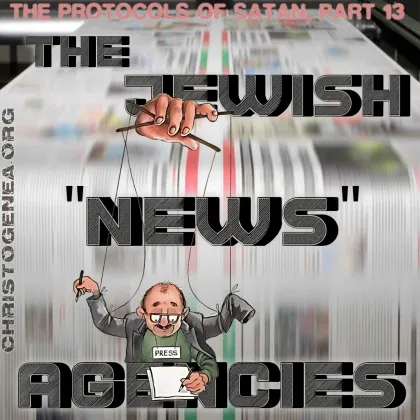
The Protocols of Satan, Part 13: The Jewish "News" Agencies
We are slowly progressing through our presentation of the so-called Protocols of the Learned Elders of Zion, which we prefer to call the Protocols of Satan, taking what we believe are rather necessary digressions in order to attempt to establish both the context of the Protocols, and the facts of their execution. I wouldn’t say fulfillment, but execution, as the Protocols are not a work of intuition or a prophecy of any sort. Rather, they represent the outline of a definite plan by the rabbis and money-changers of Judaism for the subversion of White Christian civilization.
In our last digression, which has run over the course of the last two of these presentations, we hope to have demonstrated that by the time of the First World War and the Bolshevik Revolution, Jews were already in control of nearly all of the major newspapers in Germany, England, and the United States. Many of the newspapers were under their control for several decades by that time, and they not only had ownership and administrative control, but they also filled many of the important editorial and reporting positions. Where we do not find Jews in those positions, we find men who nevertheless had close relationships with Jews.

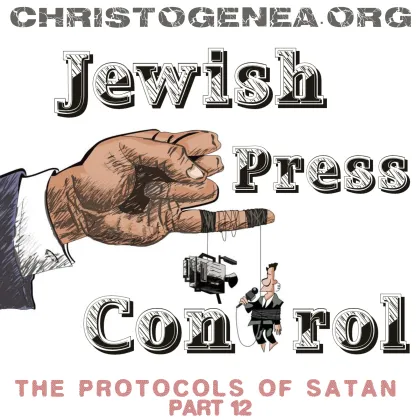
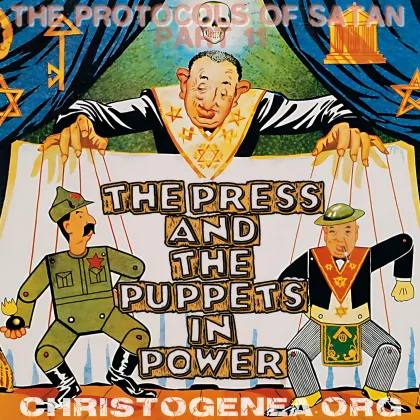
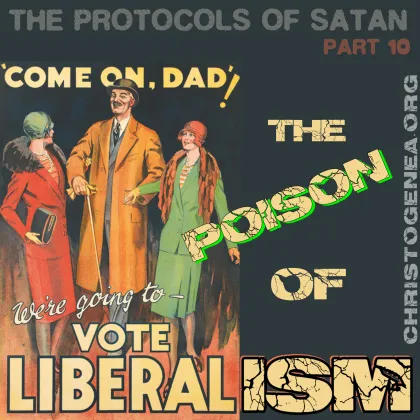
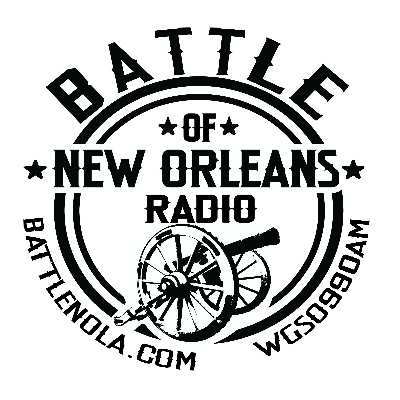

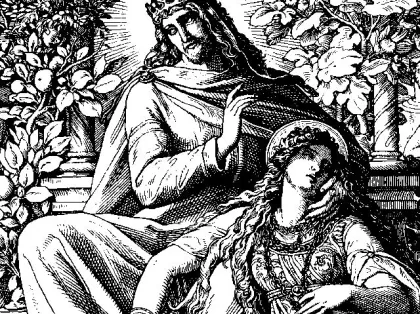
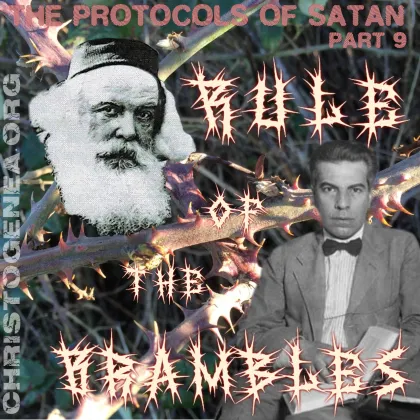
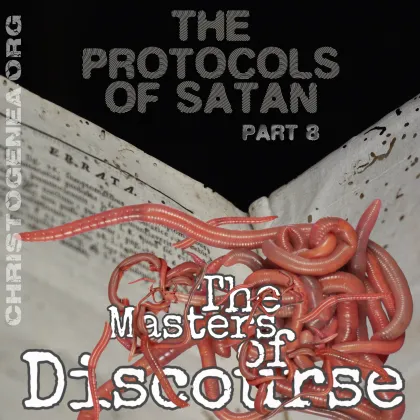
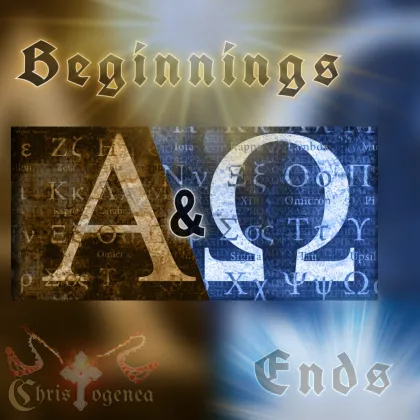
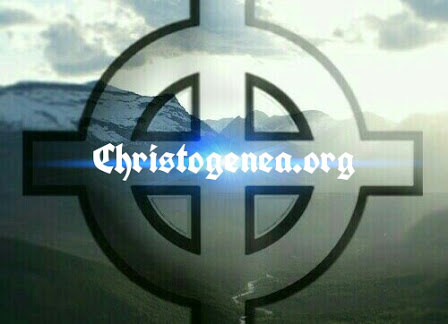




 Please click here for our mailing list sign-up page.
Please click here for our mailing list sign-up page.







